As society has evolved and progressed, so has media, art, and literature. The recent influx of reading has brought about a new type of literature that has taken the internet by storm, causing much commotion among those who indulge in it and those who oppose it. People have dubbed this group of people ‘Booktok,’ Tiktok being the most prevalent platform for the community.
But what makes this new type of reading different from anything else done before? The difference is that these types of books are marketed and read to and by people mainly because of the ‘tropes.’ What is a trope? In this sense, a trope is a commonly used theme, plot device, or dynamic, for example, ‘forbidden love.’ Because tropes are so appealing, authors will shove a bunch of them into one book, using them to create a plot instead of just writing a plot, and then can mass produce books with little effort.
Of course, not every piece of media has to be a deep, life-changing work of art, and it is okay to enjoy media that’s simply a fun time and not much else. Most tropes are harmless, and most books see them, whether or not they outright say that. However, like most things, they’re only good in moderation, and like most things, they also have their negatives.
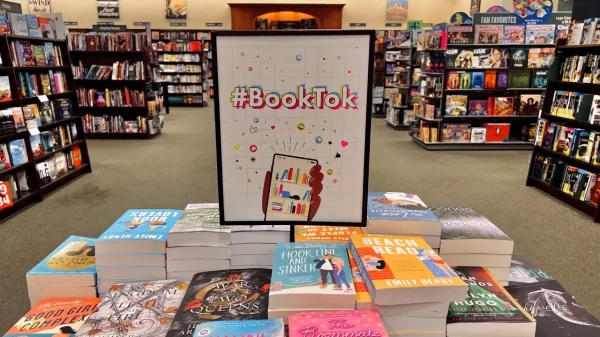
First and foremost, let us acknowledge that this trend has influenced many people to get into reading and generally start reading more. And that’s wonderful. Reading has many benefits and is a good experience overall.
Let’s also acknowledge that, at the same time, the bo,oks being pushed and recommended can also be problematic. The most common types of books recommended are romance, including, and even more commonly, the explicit side of romance. Here’s where the everything in moderation rule comes in. Reading and recommending books that have explicit material in them is fine, but when that is all you want to read, and that’s all that’s being suggested, it is no longer a guilty pleasure; it is addiction.
It seems absurd that an addiction could come from simply text, but it looks like that is what is happening with these readers. It’s an observed fact that media, including fictional media, can affect a person’s perception of reality, and that becomes a hazardous fact when it’s mixed with an obsession, like what some of these people are displaying. And this has already been proven problematic in a couple of different incidents.
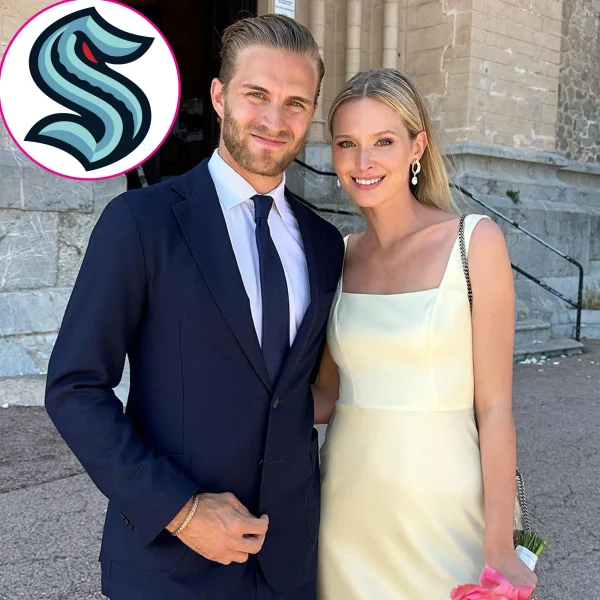
Including a barrage of suggestive and sexual comments directed at hockey player Alex Wennberg by members of the Booktok community because of the popularity of hockey romance. What started as some harmless attention quickly became straight-up harassment for him and even negative and aggressive comments directed toward his wife and their child.
Then, in another occurrence, Booktok picked a 16-year-old motorcyclist as their target for their harassment because he, too, supposedly fit the role of a romance novel love interest. Which also included making suggestive comments and recommending explicit books after he expressed his interest in reading in one of his videos. This is incredibly concerning for many reasons, especially considering Booktok mainly consists of grown, adult women.
So, while the popularization of reading has its good side, the constant pushing of one specific genre, the focus on ‘spicy’ content, and the obsession with tropes seem to outweigh the positives. It’s essential to be critical of trends and make decisions regarding something that can affect a person so powerfully, like literature. Especially literature because it’s such a broad form of media with so much content. And that’s what you should do: choose; it’s not necessary to read every book that gets popular; reading is entirely subjective, and it’s most important to read what resonates and serves you the best, which means both what you enjoy, and what affects you positively, not something that can cause problems for you and others.



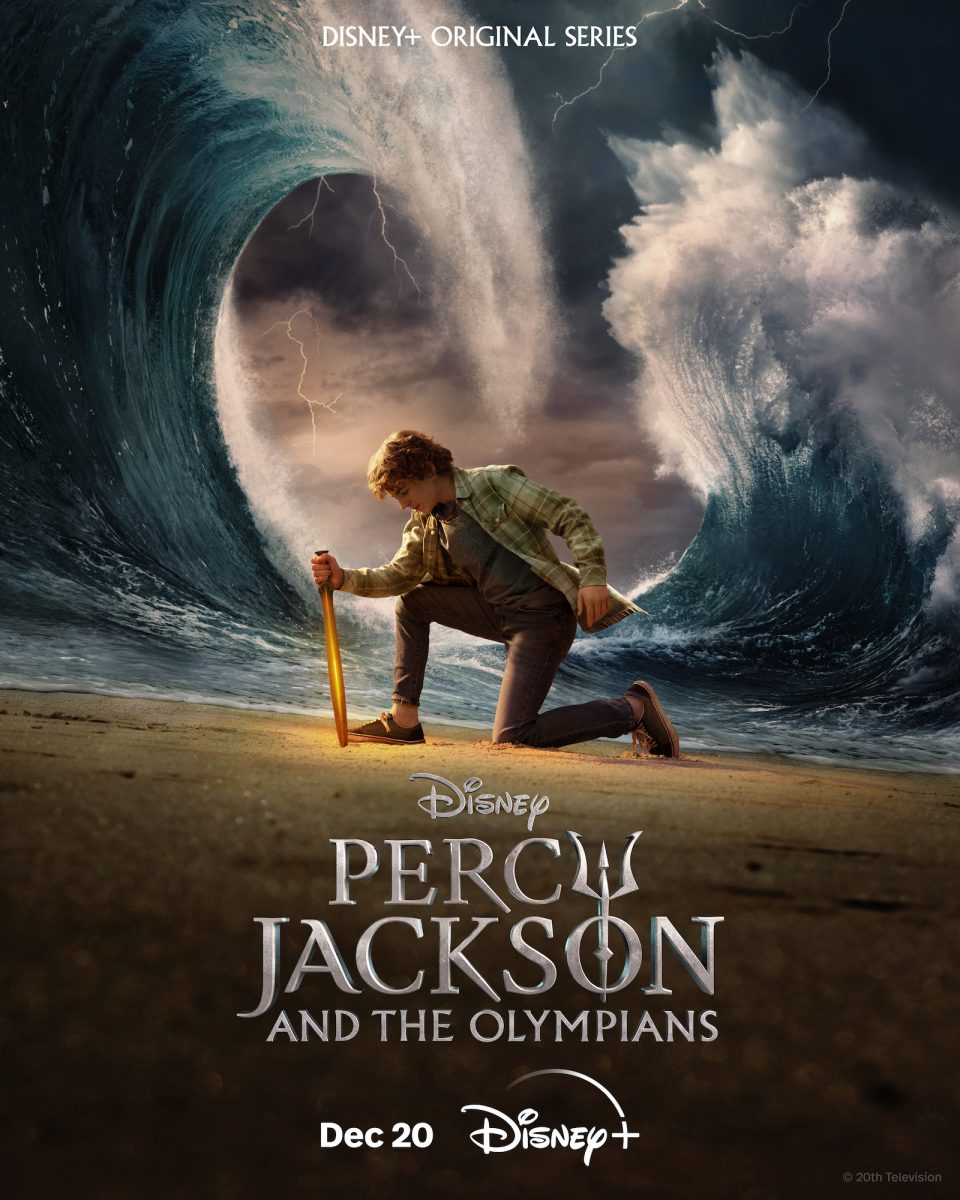
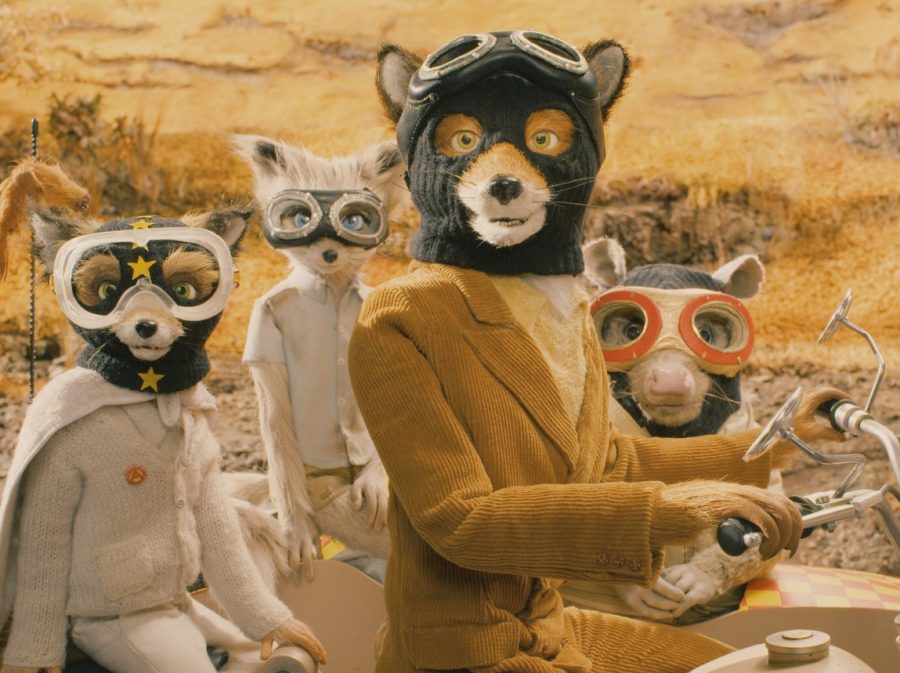
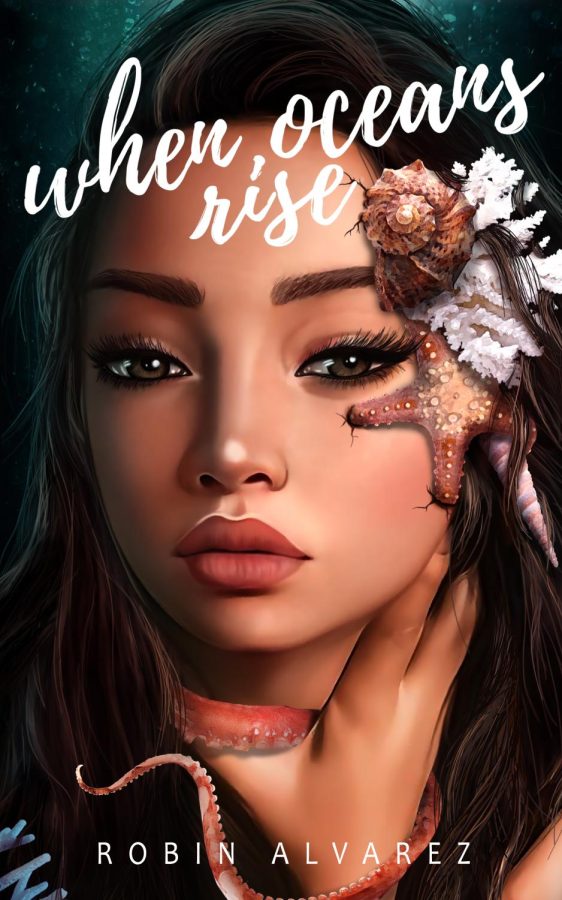
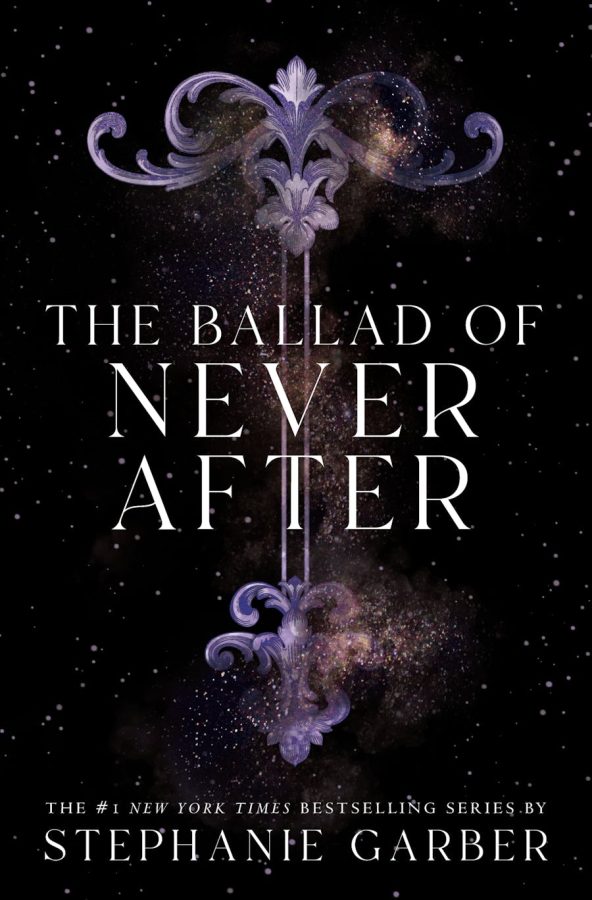
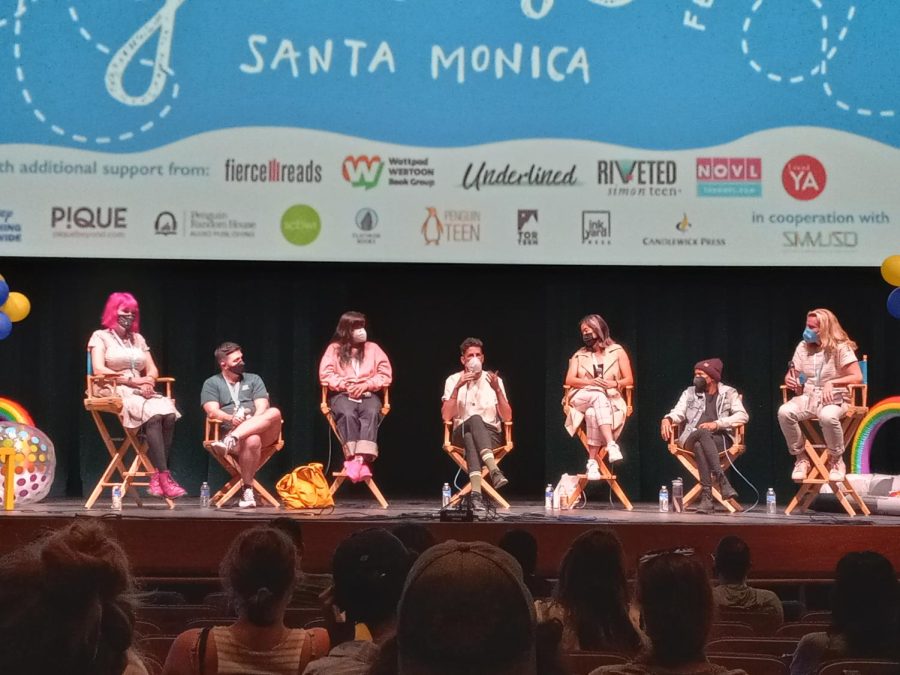


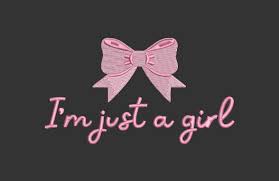
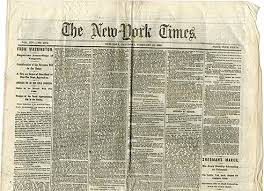



Mia • Mar 11, 2024 at 1:06 pm
I do enjoy the topic of the article and it’s very original!!! I would have loved to see a clear separation of your sections or by genre. Also, would it be any different for any genre of work like horror or mystery?
Juliette Damian • Mar 7, 2024 at 10:31 pm
This article was very engaging! I agree that we’ve started to focus more on modern, romantic books rather than classics and that more people are beginning to write these “trope”-based vacation books, which is perfectly ok, but what isn’t ok is our tendencies to obsess over imaginary things or situations. Could the real problem be us rather than the popularization of these book genres?